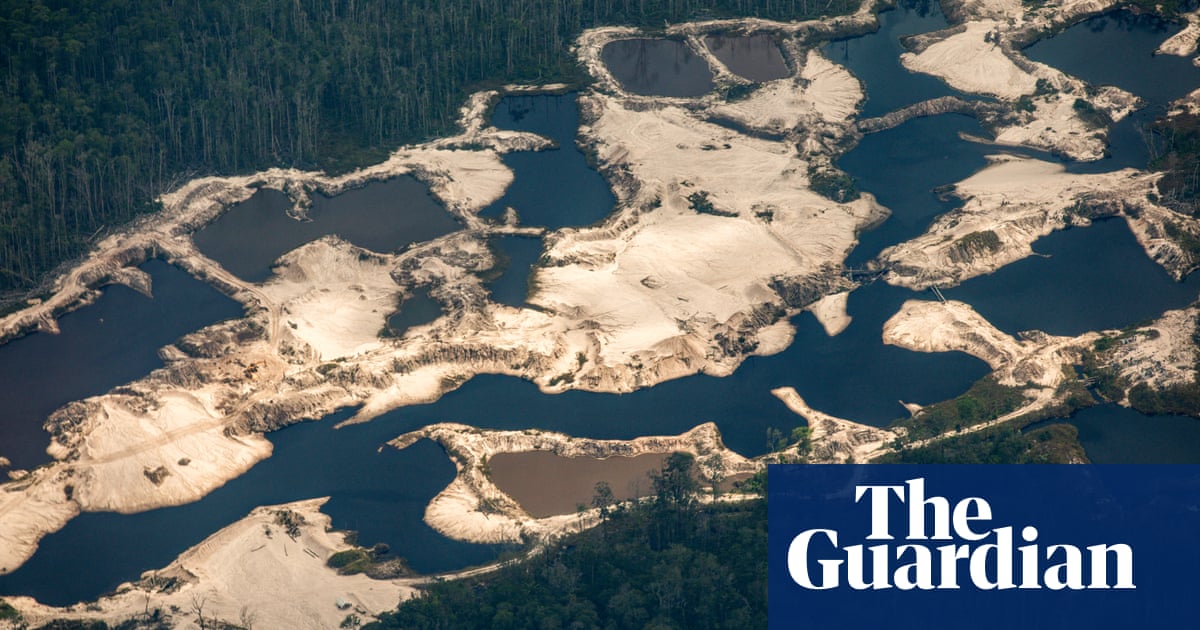The recent article highlights significant military tensions between Guyana and Venezuela, particularly in the oil-rich Essequibo region. This situation is important not only for the countries involved but also for the broader geopolitical landscape, given the strategic value of the region’s natural resources.
Purpose of the Article
The intent behind this article appears to be to inform the public about escalating tensions and military actions in a disputed territory. By detailing the attacks on Guyanese soldiers and the historical context of the territorial claims, it aims to raise awareness about the potential for conflict. The focus on the Guyana Defence Force’s responses indicates an effort to convey strength and resolve, possibly to bolster national unity and support for government actions.
Public Perception and Sentiment
This article could evoke a sense of nationalism among Guyanese readers, as it emphasizes the country's long-standing claim and administration over Essequibo. The portrayal of Venezuela as the aggressor may foster negative sentiments towards Venezuela and increase support for governmental measures to protect territorial integrity. The statement from the Guyana Defence Force about safeguarding national borders reinforces a protective narrative that resonates with citizens concerned about sovereignty.
Potential Omissions or Concealments
While the article presents a clear narrative of conflict, it may overlook the complexities of international diplomacy that could be at play. The historical claims by both nations are simplified, potentially downplaying the nuances that could be relevant for understanding the broader implications of these tensions. Furthermore, the article does not address any internal dissent or critical perspectives within Guyana regarding military actions or government strategies.
Manipulative Elements
The article employs language that could be seen as manipulative by framing the situation in a way that emphasizes urgency and danger. Describing the assailants as "armed men in civilian clothing" elevates the perceived threat and may incite fears of instability. This choice of words aims to rally public support for military action, which suggests a level of emotional manipulation to achieve a specific response from the audience.
Comparative Context
In comparison to other reports covering geopolitical tensions, this article aligns with a trend of emphasizing national security and territorial integrity in narratives involving resource-rich areas. Similar articles often frame conflicts in ways that serve national interests, focusing on military readiness and governmental authority while potentially sidelining diplomatic solutions.
Impact on Society and Economy
The tensions described could lead to increased military spending and a focus on national security, which may divert resources from other critical social needs. Economically, the situation could affect foreign investments, particularly in the oil sector, as uncertainty may deter investors. If military actions escalate, it could lead to sanctions or international interventions that would further complicate economic prospects.
Support from Specific Communities
The article is likely to resonate with nationalistic communities within Guyana, particularly those who prioritize territorial integrity and resource sovereignty. It may also attract support from individuals concerned about foreign influence and intervention in local affairs, emphasizing a collective identity in the face of perceived external threats.
Market and Global Implications
This news could impact oil markets, especially since Guyana has emerged as a significant oil producer. Companies involved in oil exploration and production in the region may experience volatility in stock prices due to potential risks associated with military conflict. Geopolitical instability in oil-rich regions often affects global oil prices, which could have broader economic implications.
Geopolitical Relevance
From a global perspective, this situation underscores the fragility of territorial disputes in resource-rich areas. It highlights the importance of diplomatic engagement and international law in resolving such conflicts. Given the interests of major powers, such as the U.S. and Russia, in the region, this incident could be a precursor to broader geopolitical maneuvers.
Use of AI in Writing
It is plausible that AI tools were employed in drafting the article, particularly in structuring the content and ensuring clarity. AI models may have influenced the tone and presentation, emphasizing key points to engage readers effectively. However, the human element in selecting which details to highlight or downplay remains significant.
Overall, the reliability of this article is moderate. While it reports factual events, the framing and language used may steer public perception towards a particular narrative without fully addressing the complexities involved.
